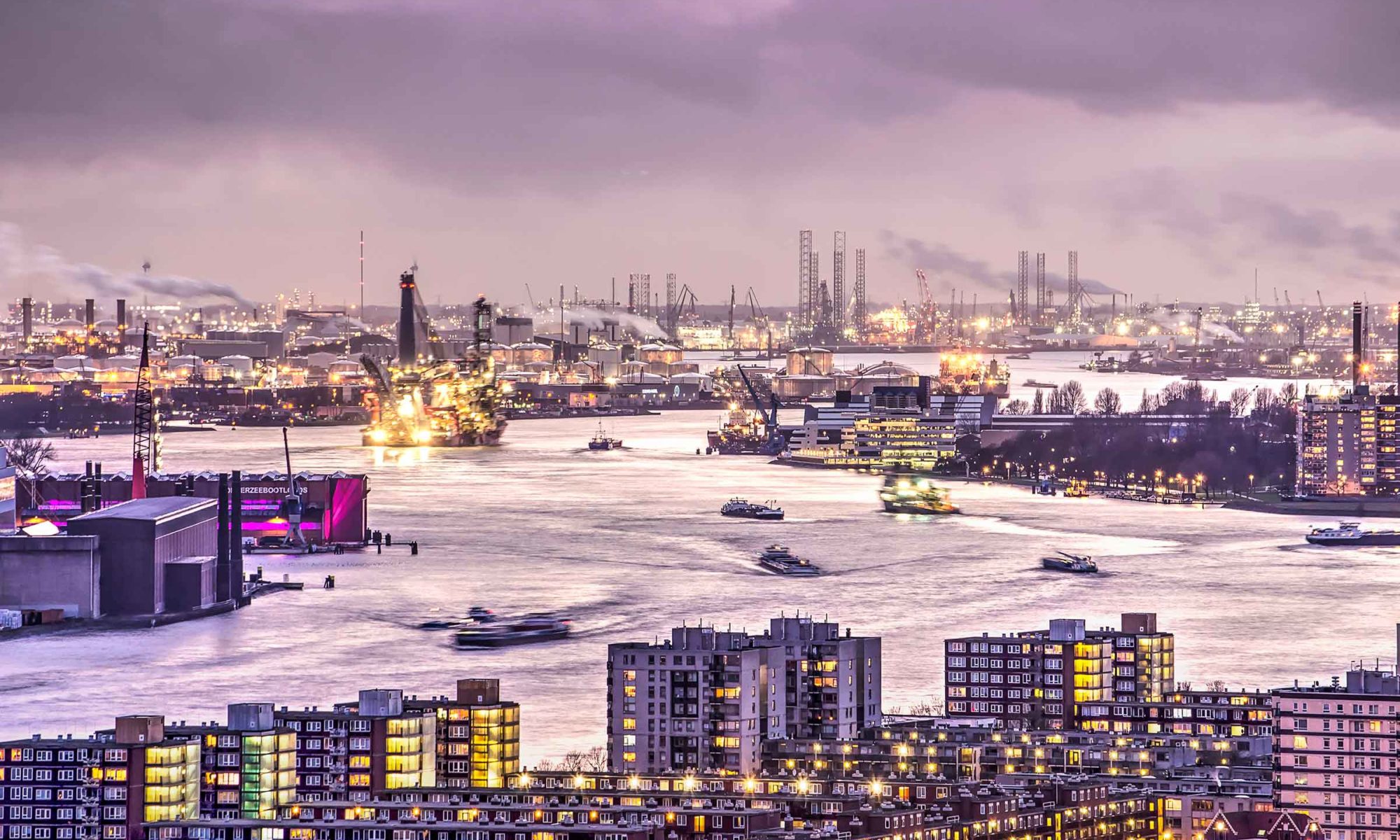‘We are thrilled to have Shell join our group of partners,’ says Marco Waas, Chairman of the waste-to-chemicals project in Rotterdam and Director RD&I at Nouryon. ‘The EU Renewable Energy Directive (RED II) coming into effect in 2021, as well as other environmental initiatives such as the Circular Economy Package are creating an ideal environment for leading companies to drive sustainable growth through innovation.’
Low carbon fuels
Andrew Murfin, General Manager, Advanced Biofuels, Shell, says: ‘Industry partnerships, just like this one, are critical to delivering some of the many solutions society will need to meet energy demand while reducing emissions to tackle climate change and air pollution. Advanced biofuels, including those produced using bio-methanol, have the potential to decarbonise the transportation sector, in particular. This is an exciting prospect given transportation accounts for one fifth of global energy-related CO2 emissions, and will continue to rely on liquid fuels, especially for long journeys and heavy duty vehicles, for years to come.’
360 kton of waste
The plant will be built in the Botlek area of the port of Rotterdam and will have two production lines that can process up to 360 kt of waste. This is comparable with the annual waste production of 700,000 households. It makes 220 kilotons (270 million liters) of biomethanol, which can be used as chemical building blocks or as a renewable fuel. This saves about 300 ktons of CO2 emissions compared to the production of methanol from fossil fuels.
The W2C project is supported by the Ministry of Economic Affairs and Climate Policy, which will develop legislation and regulations for this new technology. The municipality of Rotterdam, the province of South Holland and the regional development company InnovationQuarter also support the project.
The W2C consortium has already done preparatory work in the area of engineering and permits. The final investment decision will be taken later this year.



